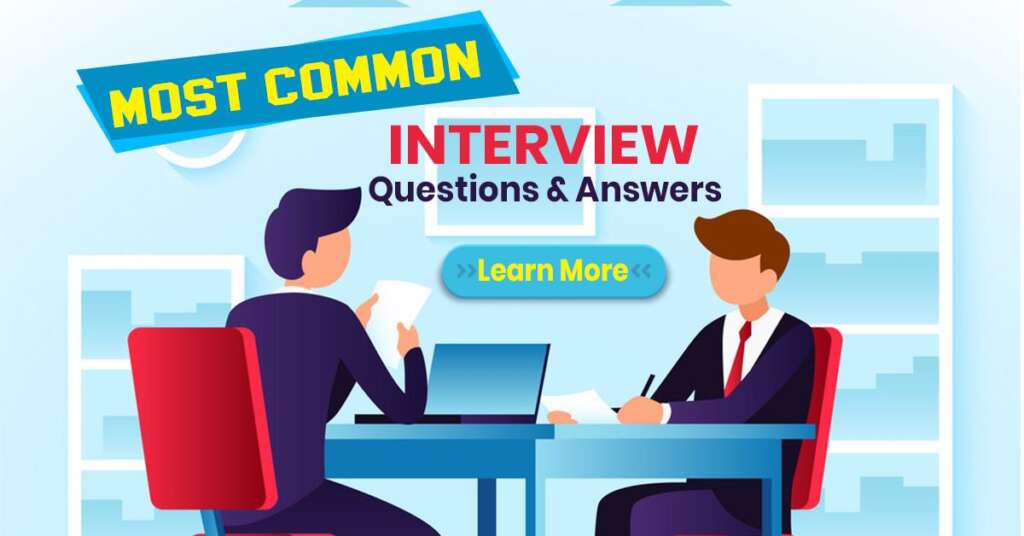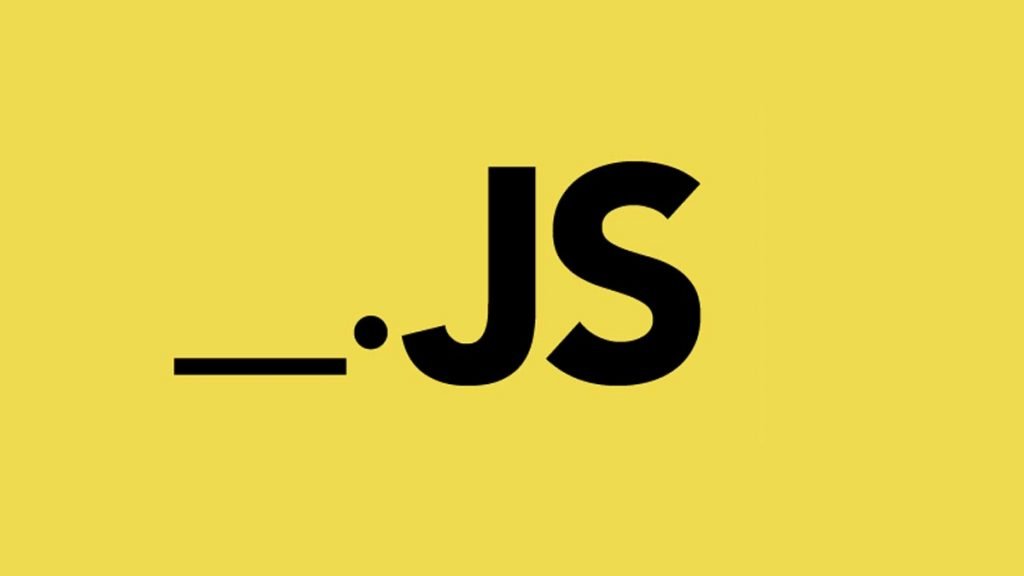As an interviewer, it’s important to ask the right questions to evaluate a candidate’s skills, experience, and fit for the position. Here are some of the best interview questions that can help you make informed hiring decisions:
Great interview questions
- Can you tell us about yourself?
- What experience do you have that is relevant to this position?
- What are your strengths and weaknesses?
- How do you handle stress and pressure?
- What are your career goals?
- Why are you interested in this position?
- What do you know about our company?
- How do you prioritize tasks?
- Can you give an example of a time when you went above and beyond for a customer or colleague?
- How do you handle conflict with a coworker or manager?
- Can you describe a project you led or were a part of that was successful?
- How do you stay organized and manage your time effectively?
- What do you consider to be your greatest achievement in your career so far?
- Can you tell us about a time when you had to make a difficult decision?
- What skills or knowledge do you possess that would benefit our company?
- How do you approach problem-solving?
- Can you give an example of how you have improved a process or system in your previous job?
- What motivates you to succeed?
- How do you keep up-to-date with industry trends and developments?
- How do you handle feedback, both positive and negative?
- Can you give an example of a time when you had to work under pressure to meet a deadline?
- How do you handle failure or setbacks?
- Can you tell us about a time when you had to resolve a difficult situation with a customer?
- How do you handle ambiguity or uncertainty in your work?
- Can you give an example of a time when you had to adapt to a change in your job or work environment?
- How do you handle criticism of your work?
- What is your preferred work style or environment?
- Can you tell us about a time when you had to work with a difficult colleague or supervisor?
- How do you collaborate with others to achieve a common goal?
- Can you give an example of a time when you had to learn a new skill or technology?
- How do you handle a heavy workload or multiple projects at once?
- What would you do if you disagreed with a decision made by your supervisor?
- Can you describe your communication style?
- How do you prioritize tasks in a fast-paced environment?
- Can you tell us about a time when you had to handle a challenging customer or client?
- How do you handle ethical dilemmas in the workplace?
- Can you give an example of a time when you had to negotiate a difficult situation with a coworker or manager?
- How do you balance competing priorities in your work?
- What do you consider to be your greatest weakness and how have you worked to improve it?
- Can you tell us about a time when you had to work on a project outside of your comfort zone?
- How do you handle sensitive or confidential information?
- Can you describe a situation where you had to provide excellent customer service?
- What skills do you possess that are not listed on your resume?
- How do you ensure your work meets or exceeds expectations?
- Can you give an example of a time when you had to coach or mentor a colleague?
- How do you handle competing demands from different stakeholders?
- Can you describe a time when you had to troubleshoot a technical issue?
- What are your salary expectations?
- How do you handle a situation where you do not know the answer to a question or task?
- Can you describe a time when you had to provide feedback to a coworker or supervisor?
Common interview questions
- What interests you about this job/company?
- Why are you leaving your current job?
- What are your long-term career goals?
- What is your greatest accomplishment in your career so far?
- Can you walk me through your resume/work history?
- What sets you apart from other candidates?
- How do you define success?
- What are your salary requirements?
- How do you handle tight deadlines?
- How do you handle constructive criticism?
- Can you describe your management/leadership style?
- How do you handle a difficult coworker or customer?
- What are your greatest strengths?
- How do you handle multiple projects at once?
- What do you know about our industry?
- How do you handle a mistake at work?
- Can you give an example of how you’ve worked as part of a team?
- How do you approach innovation and creativity in your work?
- What is your biggest weakness?
- How do you stay organized in your work?
- What is your approach to problem-solving?
- How do you handle ambiguity in your work?
- Can you give an example of a time when you had to take initiative in your work?
- How do you handle difficult feedback from a manager or coworker?
- Can you describe your work ethic?
- How do you handle conflicting priorities?
- How do you handle change in your work environment?
- Can you describe a time when you had to make a tough decision?
- What are your hobbies/interests outside of work?
- How do you handle a lack of direction or guidance in your work?
- Can you give an example of how you’ve improved a process or system in your previous job?
- How do you handle stress in your work?
- What are your thoughts on work-life balance?
- How do you handle setbacks or failures in your work?
- Can you describe a time when you had to adapt to a new work culture or environment?
- What do you consider to be your biggest achievement in your personal life?
- How do you handle conflicting opinions or ideas in a team setting?
- Can you describe a time when you had to work with someone with a different communication style than yours?
- How do you prioritize tasks when everything seems urgent?
- Can you give an example of a time when you had to work with someone who had different work priorities than yours?
- What are your thoughts on remote work?
- How do you approach learning and development in your work?
- Can you describe your approach to time management?
- What is your preferred communication style?
- How do you handle a lack of motivation in your work?
- Can you describe a time when you had to learn a new technology or software?
- How do you handle a lack of resources or support in your work?
- What are your thoughts on team bonding or team-building activities?
- How do you handle a lack of recognition or appreciation for your work?
- Can you give an example of how you’ve demonstrated leadership in your work?
Unique Interview Questions
- If you could have any job in the world, what would it be?
- What is the most interesting thing you’ve learned recently?
- What do you think is the most important skill for success in this role?
- If you could be any fictional character, who would you be and why?
- How do you think your past experiences have prepared you for this job?
- What is something you’re really passionate about outside of work?
- What is the biggest challenge you’ve faced in your career and how did you overcome it?
- If you could learn any new skill, what would it be?
- What is your favorite book/movie and why?
- What is something that you think sets you apart from other candidates?
- How do you stay up-to-date on industry news and trends?
- If you could have dinner with any historical figure, who would it be and why?
- How do you balance creativity and practicality in your work?
- What is something you wish you could change about the industry you work in?
- What is the best piece of advice you’ve ever received?
- How do you handle failure or setbacks in your work?
- What is something that you’re working on improving about yourself?
- If you could go back in time and give your younger self advice, what would it be?
- How do you define success in your personal life?
- What is something that you’re looking forward to in the next 5 years?
What are some good questions for a candidate to ask an interviewer?
Asking thoughtful questions during an interview can not only provide valuable information about the job and the company but also show the interviewer that you’re genuinely interested in the position. Here are some good questions that a candidate can ask an interviewer:
- What do you think are the most important qualities for success in this role?
- How do you measure success in this position?
- Can you describe the company culture and work environment?
- What opportunities are available for growth and development within the company?
- What are the biggest challenges facing the team/department/company currently?
- How does the company support work-life balance for its employees?
- What is the onboarding process like for new hires?
- Can you describe the typical career path for someone in this role?
- How does the company foster innovation and creativity among its employees?
- How does the company give back to the community?
- How does the company support diversity and inclusion in the workplace?
- Can you describe the team dynamics and how collaboration is encouraged?
- How does the company stay current with industry trends and incorporate them into its business strategy?
- What is the typical day-to-day work like in this role?
- Can you describe the company’s approach to employee training and development?
- How does the company handle feedback and suggestions from employees?
- What is the company’s approach to work-from-home or remote work arrangements?
- How does the company support employee wellness and mental health?
- Can you describe the company’s approach to performance evaluation and feedback?
- How does the company encourage and support employee creativity and innovation?
What is the STAR method in interviewing?
The STAR method is a technique used in behavioral-based interviewing to answer questions about past experiences or situations. STAR stands for:
- Situation: Describe the context of the situation you were in.
- Task: Explain the task or goal you were working towards.
- Action: Describe the specific actions you took to address the situation or task.
- Result: Share the outcome of your actions and how the situation was resolved.
The STAR method is a structured approach to answering interview questions that can help you provide concrete and specific examples of your skills and experience. When responding to a behavioral-based interview question, you should use the STAR method to structure your answer.
For example, if an interviewer asks, “Can you tell me about a time when you had to work with a difficult team member?” you could use the STAR method to structure your response like this:
- Situation: In my previous role, I worked on a project with a team member who was consistently negative and resistant to change.
- Task: Our task was to deliver the project on time and within budget while ensuring high quality.
- Action: I scheduled a meeting with the team member to discuss their concerns and understand their perspective. I then worked with them to identify areas where we could compromise and find common ground. I also provided regular feedback and recognition to the team members when they made positive contributions to the project.
- Result: As a result of my efforts, the team members became more engaged and positive, and our project was completed successfully and on time.
Using the STAR method can help you provide a clear and concise answer to an interview question, demonstrate your skills and experience, and leave a positive impression on the interviewer.



